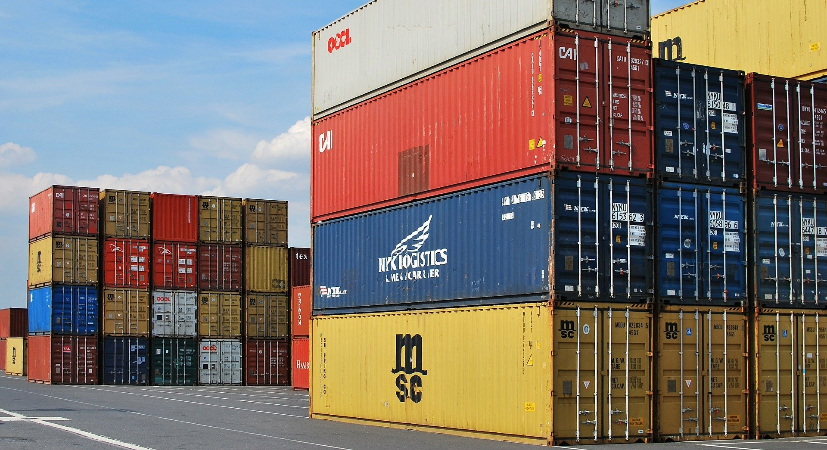
Some advisors to President-elect Donald Trump have proposed imposing broad-based taxes on imports under the International Emergency Economic Powers Act (IEEPA). They want Trump to declare that the trade deficit is a national emergency that justifies broad-based increases in import taxes on oil, toys, medical goods, coffee, cellphones, and anything else they can think of.
However, the imposition of such a broad-based tax increase based on the trade deficit would not be supported by IEEPA. The president’s authority to restrict commerce under this statute “may only be exercised to deal with an unusual and extraordinary threat with respect to which a national emergency has been declared.”
The trade deficit is neither unusual, extraordinary, nor a threat to the economy, national security, or foreign policy of the United States, as required by law for trade restrictions to be imposed:
- Imports have exceeded exports for 48 years in a row. During this time, the U.S. economy has grown by 255% after adjusting for inflation.
- A mere 8.9% of American Economic Association members who were surveyed from 2020 through 2021 unreservedly believe a large balance of payments deficit has an adverse affect on the economy. 65.2% disagree, and 25% agree with caveats..
- The trade deficit has not been increasing. The trade deficit in goods and services was equal to 2.88% of gross domestic product (GDP) last year. The average annual trade deficit since 2000 was equal to 3.7% of GDP.
- The trade deficit is not a measure of economic strength, because it does not account for international financial flows. Last year, the United States received $1.4 trillion in investment income payments from the rest of the world, nearly $350 billion in foreign direct investment, and $1.2 trillion in portfolio investment in treasury securities and shares of U.S. companies like Apple and NVIDIA. These investments allow U.S. companies to expand, they keep interest rates from increasing, and they help finance the federal government’s massive budget deficits.
In 2020, Trump articulated his goal to attract even more foreign investment:
“As a result of our efforts, investment is pouring into our country. In the first half of 2019, the United States attracted nearly one-quarter of all foreign direct investment in the world — think of that. Twenty-five percent of all foreign investment all over the world came into the United States, and that number is increasing rapidly. To every business looking for a place where they are free to invest, build, thrive, innovate, and succeed, there is no better place on Earth than the United States.”
Since trade deficits do not currently represent a national emergency, they may not legitimately be used to justify new import taxes. Indeed, it is the imposition of broad-based taxes without a vote of Congress that would be the real security threat:
- 59% of U.S. imports are either raw materials, intermediate goods, or capital goods used by American businesses to support jobs and supply their U.S. and international customers. Taxing these goods would increase costs for American firms.
- Imposing taxes on goods provided by U.S. friends and allies would weaken our security ties and encourage other countries to work with adversaries like China.
- If new taxes succeeded in reducing imports, our trading partners would be left with fewer dollars to invest in our economy and to buy made-in-the-USA exports. In addition, recent history strongly suggests that other countries would respond to Trump’s action by imposing costly retaliatory taxes on U.S. exports.
It is tariffs, not trade deficits, that constitute an unusual and extraordinary threat to U.S. security. The new administration should not abuse IEEPA to impose new taxes. If it does so, Congress or the judicial system should quickly reverse the tax hikes before they inflict long-lasting damage on the American economy and our national security.

